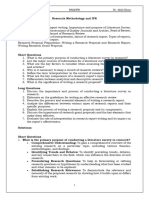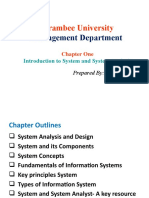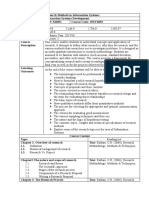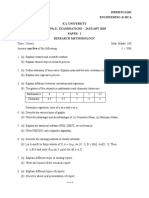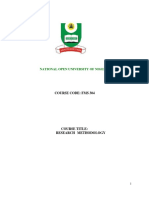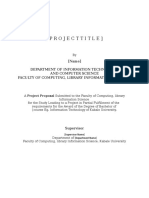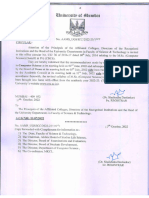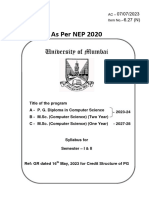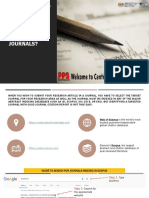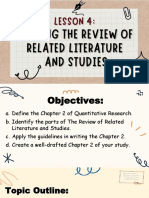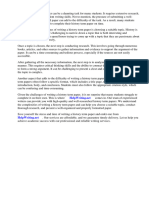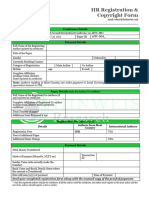0% found this document useful (0 votes)
380 views2 pagesRM For Computer Science
This course provides postgraduate computer science students with an understanding of research methodology. It covers fundamental concepts, techniques, and tools for conducting research, including formulating questions, designing experiments, analyzing data, and communicating findings. Students will learn how to identify appropriate methodologies, develop research designs, collect and analyze data, interpret results, and write and present their work following academic standards of ethical conduct. The course consists of four units addressing various aspects of the research process from understanding methodology to publishing results.
Uploaded by
shaikhaaqifCopyright
© © All Rights Reserved
We take content rights seriously. If you suspect this is your content, claim it here.
Available Formats
Download as PDF, TXT or read online on Scribd
0% found this document useful (0 votes)
380 views2 pagesRM For Computer Science
This course provides postgraduate computer science students with an understanding of research methodology. It covers fundamental concepts, techniques, and tools for conducting research, including formulating questions, designing experiments, analyzing data, and communicating findings. Students will learn how to identify appropriate methodologies, develop research designs, collect and analyze data, interpret results, and write and present their work following academic standards of ethical conduct. The course consists of four units addressing various aspects of the research process from understanding methodology to publishing results.
Uploaded by
shaikhaaqifCopyright
© © All Rights Reserved
We take content rights seriously. If you suspect this is your content, claim it here.
Available Formats
Download as PDF, TXT or read online on Scribd
/ 2


